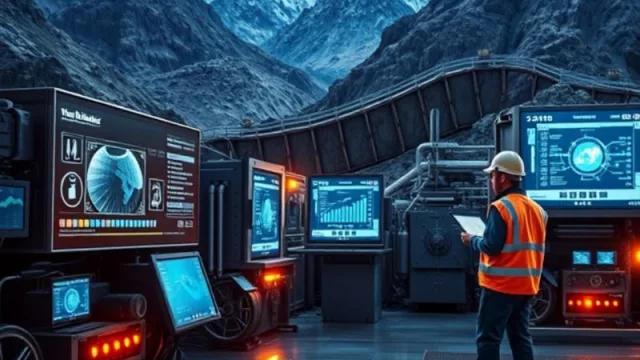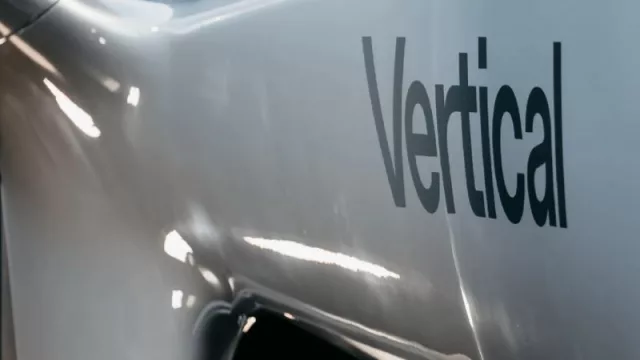What is the Tokenization of Mining Assets?
Tokenization is the process of representing physical assets, such as gold, copper, or lithium mines, on the blockchain through digital tokens. These tokens can fractionalize ownership of an asset, allowing multiple investors to hold a stake in a mining operation without needing to acquire the entire concession or infrastructure.
Benefits of Tokenization in Mining
1.Access to Global Financing
One of the main challenges for mining companies is the lack of traditional financing dueto the high-risk perception by banks and institutional investors. Tokenization allows these companies to access a global investor market, diversifying their funding sources and reducing their dependence on banks.
2.Greater Transparency and Security
Blockchain offers an immutable record of all transactions, ensuring greater transparency in resource management, licensing, and profit distribution. This reduces risks of fraud and corruption, aspects that have historically affected the mining industry.
3.Liquidity in a Traditionally Illiquid Market
Tokenization enables investors to buy and sell shares in mining assets easily in secondary markets, something that was previously difficult due to the static nature of mining ownership. This fosters greater liquidity and dynamizes investment in the sector.
4.Financial Inclusion and Public Participation
By fractionalizing ownership, mining assets can be accessible to small investors who otherwise would not be able to participate in the sector. This democratizes access to mining investments and allows more people to benefit from their countries#39; natural resources.
Follow us on: IG: @infonegociosmiami
Challenges and How to Overcome Them
Despite its advantages, the tokenization of mining assets faces some challenges:
1.Regulation and Legal Compliance
Since tokenization is a relatively new model, regulatory frameworks are still evolving. To overcome this challenge, it is essential to work in collaboration with regulators to develop clear policies that ensure the legal security of investors and mining companies.
2.Market Volatility and Investor Confidence
The digital asset market can be volatile. To build trust, it is essential to support tokens with regular audits, certified mining reserves, and smart contracts that automate profit distribution transparently.
3.Technological Infrastructure and Financial Education
Many actors in the mining industry are still unaware of the advantages of tokenization and how to implement it. The solution is to develop financial education programs and strategic partnerships with blockchain technology companies.
Impact on National Economies and the Mining Industry
The adoption of mining asset tokenization can bring significant benefits to resource-rich countries.
Some positive impacts include:
-
Increase in Foreign Direct Investment (FDI) by allowing international investors to participate securely.
-
Formalization of the mining sector, reducing illegal mining and promoting better environmental and social practices.
-
Development of more dynamic financial markets with greater inclusion of small and medium investors.
Successful Examples of Tokenization in Mining
-
Several projects worldwide have successfully implemented mining asset tokenization:
Gold-backed tokens like DigixDAO (DGX) have allowed investors to own fractionalized gold assets stored in secure vaults.
Mine-to-token projects such as MineHub Technologies, which leverage blockchain to optimize supply chain transparency in the mining sector.
Lithium and rare earth metals tokenization in Australia, where companies are issuing security tokens backed by tangible mining production to attract investors.
-
The tokenization of mining assets represents a unique opportunity to transform the industry, providing access to financing, increasing transparency, and improving asset liquidity.
-
Despite regulatory and technological challenges, with the right strategies and collaboration between the private sector and governments, this innovation can become a key pillar for economic growth and sustainability in 21st-century mining.
Diego Fernández, Consultor especializado en el desarrollo de proyectos y fondeo de inversiones.
CEO de FDP ADVISOR
www.fdpavisor.com
-
Subscribe to Infonegocios Miami
-
Contact Infonegocios MIAMI:












Tu opinión enriquece este artículo: